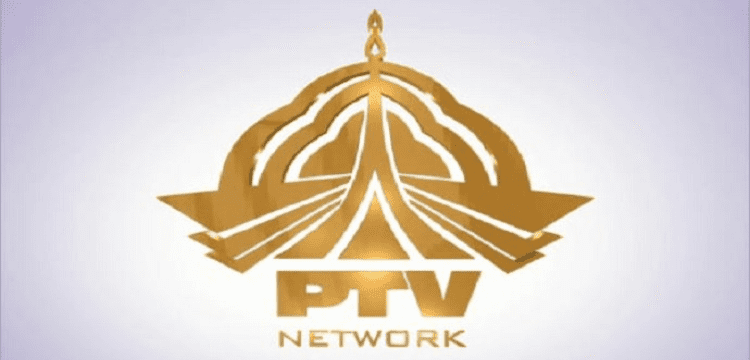PTV strikes deal without board’s approval

ISLAMABAD: The management of Pakistan Television Corporation (PTV) entered into a multibillion-rupee agreement with a private firm for digital content streaming without seeking approval from its board, in violation of public-sector corporate governance rules.
According to the details, PTV signed the agreement with Z2C Pakistan Private Limited in October of last year. According to sources, the board questioned management in its most recent meeting about bypassing it in reaching the deal, which had financial implications for the entity.
It may also subject the transaction to legal scrutiny, despite the fact that the party was chosen through a competitive process.
The one-year agreement can be renewed with mutual consultation after it expires and then automatically renewed yearly for three years. The management has bound the state-run entity into a potentially five-year deal without the board’s final approval, according to the details.
According to the sources, the agreement for over-the-top (OTT) media service has become effective, but the service has not yet been officially launched. The OTT agreement was signed to provide video-on-demand and streaming of existing and completed content.
Read More: Pakistan Heart Association asks PEMRA to ban Sheikh Rashid for smoking cigar on live telecast.
When contacted, PTV management defended the decision to avoid board scrutiny of the transaction. “The agreement was reached following an open prequalification and financial bidding process, as well as a pre-audit and legal vetting of the case by PTV’s audit and legal departments,” PTV Managing Director Sohail Ali Khan explained.
He went on to say that a high-level committee comprised of PTV directors and senior officials had been formed to oversee and complete the process.
“The tendering was done in accordance with PPRA rules, so no exemption or approval from the BOD was required,” the MD explained. He went on to say that the PTV board had already discussed and approved a comprehensive digital strategy, including concepts such as digitising archival content and monetising it on digital platforms.
However, bypassing the board in such a significant financial matter was a violation of the Public Sector Companies (Corporate Governance) Rules 2013.
The rules require all public-sector companies to present key information to their boards for discussion and approval.
According to Rule 7, “significant issues shall be presented to the Board for its information and consideration in order to formalise and strengthen the corporate decision-making process.”
Rule 7 (d) states that “details of joint ventures or collaboration agreements or agreements with distributors, agents” will be placed before the boards for approval.
Inter-corporate investments in and loans to or from associated concerns in which the business group, of which the public sector company is a part, has a significant interest must also be brought before the boards, according to Rule 7 I
According to the PTV agreement, Z2C will share 10% of revenue with PTV during the first year, 15% during the second year, and 20% beginning in the third year.
Convex Interactive Private Limited, the second bidder, offered PTV a 40% revenue share for the first two years and a 60% revenue share for the next three years.
Convex’s revenue forecast for the next five years, on the other hand, was low, resulting in a low minimum guaranteed revenue. Convex lost the bid on financial grounds despite beating Z2C on technical grounds. Z2C’s combined score was higher than Convex’s.
However, due to its much larger market share, PTV may incur a potential loss if actual revenues exceed Z2C’s projection.
In response to a question, the PTV MD stated, “although Convex offered attractive revenue-sharing percentages, their minimum guaranteed amounts for five years were much lower than those offered by Z2C.”
Convex’s guaranteed minimum revenue was less than half of what Z2C offered.
The PTV management stated that, as a newly launched platform, it would take two to three years to stabilise the position before it could generate substantial revenues. As a result, “a more realistic revenue share accompanied by a minimum guaranteed amount is thought to be better,” according to the MD.
He stated that PTV, as the platform’s owner, would only be the content provider. Furthermore, PTV owns all of the content and the platform.








